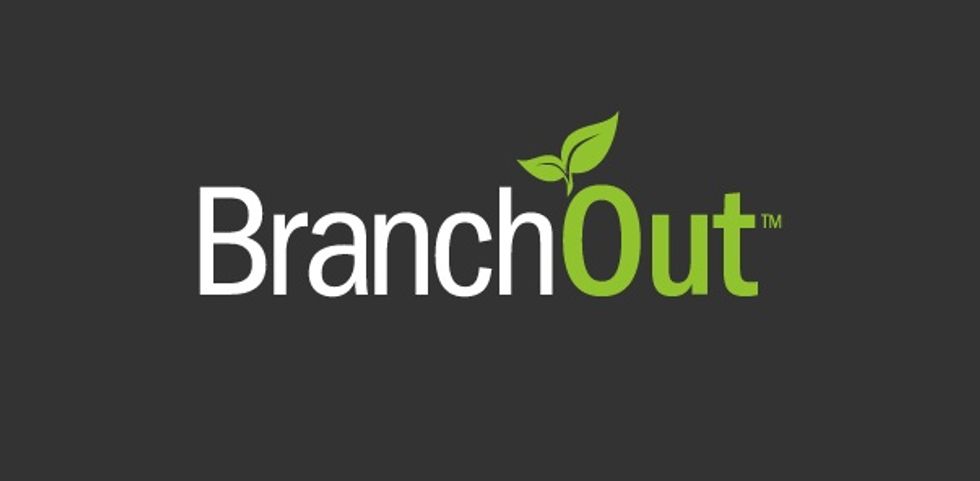Since its public launch at the beginning of the year, BranchOut has quickly grown into the largest professional network on Facebook, with three million people using its free service to find jobs, or alternatively, the talent to fill job openings.
Now, the startup is bringing recruiters into the fold as well with a new product called Recruiter Connect. This move places BranchOut into even a more direct competition with LinkedIn.
The startup likes its odds.
“Facebook is just much bigger with its 800 million users than LinkedIn, with 100 million,” says Chris Merritt, VP of Sales. “And, people spend 164 times as much time on Facebook as on LinkedIn.”
True, but pretty close to all of those 100 million of those LinkedIn accounts, I’d wager, are devoted to professional networking of the type BranchOut is building at Facebook, which most people still consider a place to connect with family and friends.
Merritt counters that that is precisely why BranchOut’s Facebook location makes sense.
“Think about it. If you lose your job, the first people you’ll turn to for support, help and advice will be your close friends and family,” he suggests. “And, when it comes to finding a new job, the best networking tool you have is your real relationships.”
To date, the company says, the top five categories where employers and job seekers are connecting via BranchOut are high tech, medical professionals, education, media, and consulting.
The education field stands out on that list as not one typically associated with the corporate world of recruiters and talent searches, which Merritt says is one more benefit of leveraging users’ Facebook friend lists. In other words, there is probably a broader array of fields represented among your Facebook network than among your LinkedIn network.
Rebecca Meissner, director of enterprise products at BranchOut and a former recruiter herself, says this benefit extends to recruiters as well, which will become apparent as they try out the new Recruiter Connect platform just launching this week.
“The depth of the network we can provide via your Facebook friends does not contain all that much overlap with LinkedIn, actually. Because we have many more job categories represented. For example, we have some 87,000 store managers at BranchOut. And the other day, someone from J.P. Penny told us it is hard to find Santas to hire for the holiday period. Well, we checked and we currently have 160 Santas available for hire.”
The way BranchOut works from the consumer’s perspective is when you sign in to the service, the company imports only your work history and education information from your Facebook page, not all of that other personal stuff, like which music you like, your baby pictures, or how your kid’s soccer team is doing.
“What we take is only the relevant information for a professional network,” says Merritt. “And you also can choose to add one photo of your choice to your BranchOut profile page.”
The service then imports all of your friends and analyzes their job and education data, creating a professional web of connections you probably haven’t even been fully aware of until now.
The first degree of separation data is extensive, assuming you have hundreds of friends, but where the network effect kicks in is at the second degree, where you can see the thousands of companies where the friends of your friends work. (A very similar graph is available at LinkedIn, BTW.)
BranchOut provides a variety of options for you to contact these potentially valuable new connections, the most effective of which clearly is having your actual friend make an introduction on Facebook.
“The reason we use the Facebook message platform is that it is not cluttered,” says Merritt. “The open rates are much higher than for email accounts, which have become too cluttered to be as useful as they once were.”
Former recruiter Meissner says that referrals by friends are the best indicator of a candidate’s success in a new position, and that because recruiters know this, the new paid service BranchOut is offering to them also makes sense.
“The hope is that referrals will increase significantly, because people don’t fully realize what the people they know do for a living, and this will help bring that information to light.”
The company, which has $24 million in backing from a blue-chip list of venture capitalists and angels, clearly has its eye on how workforces will be recruited in the future, as opposed to the past. Merritt points to research that by 2014, 50 percent of the workforce will be composed of Millennials, virtually every one of which is active on Facebook.





















